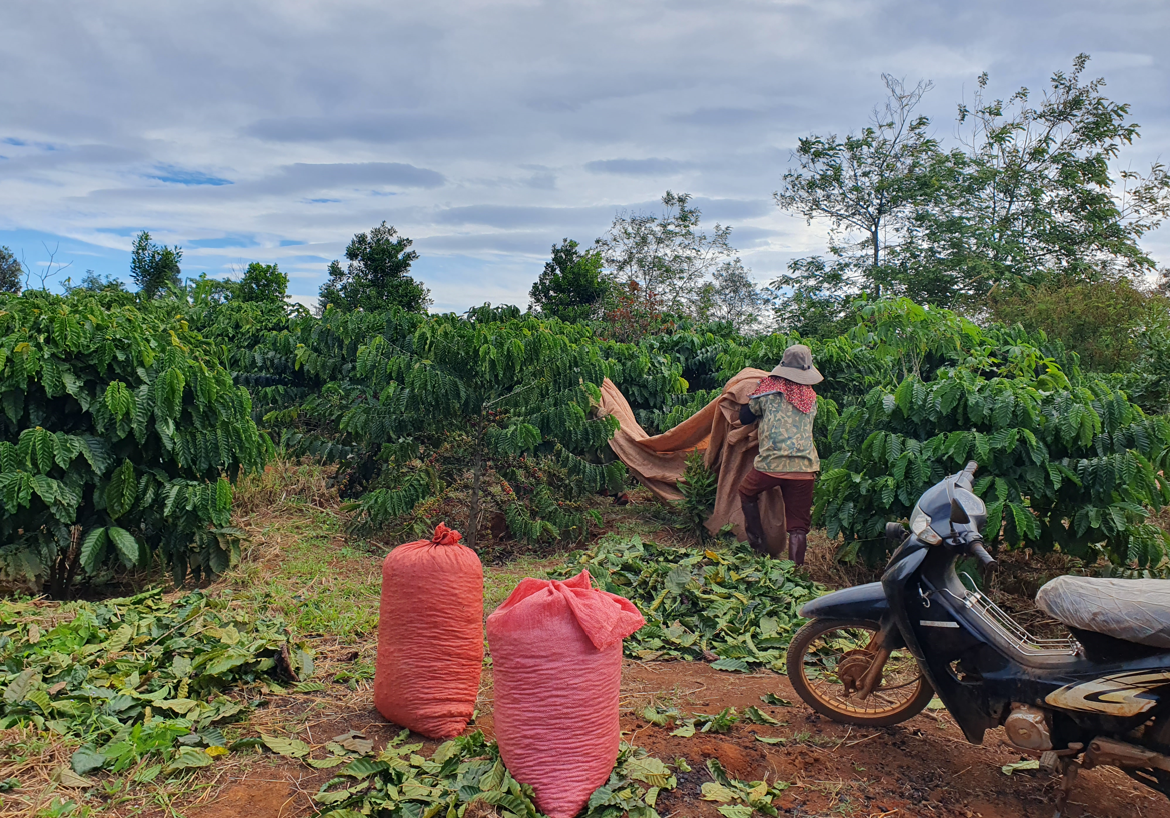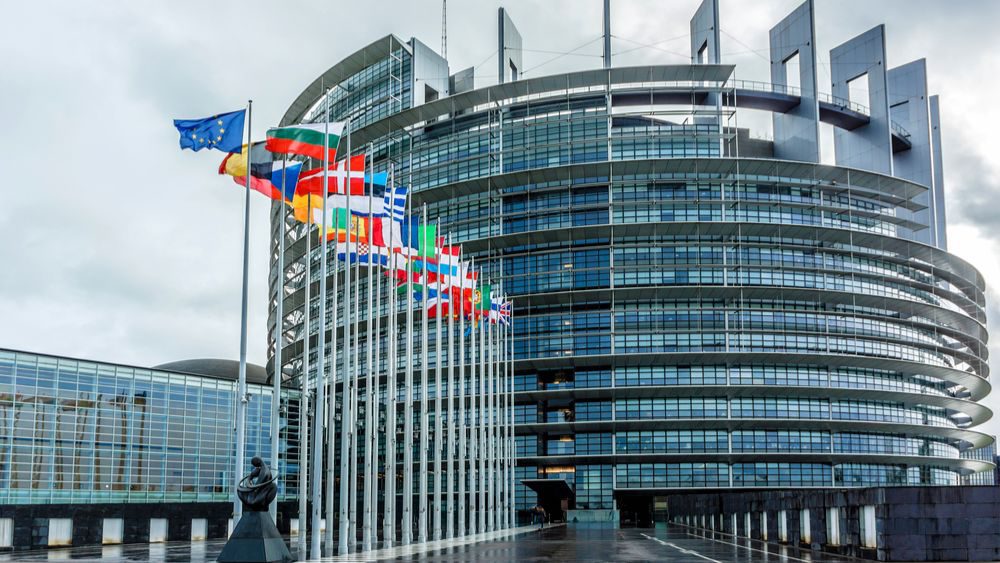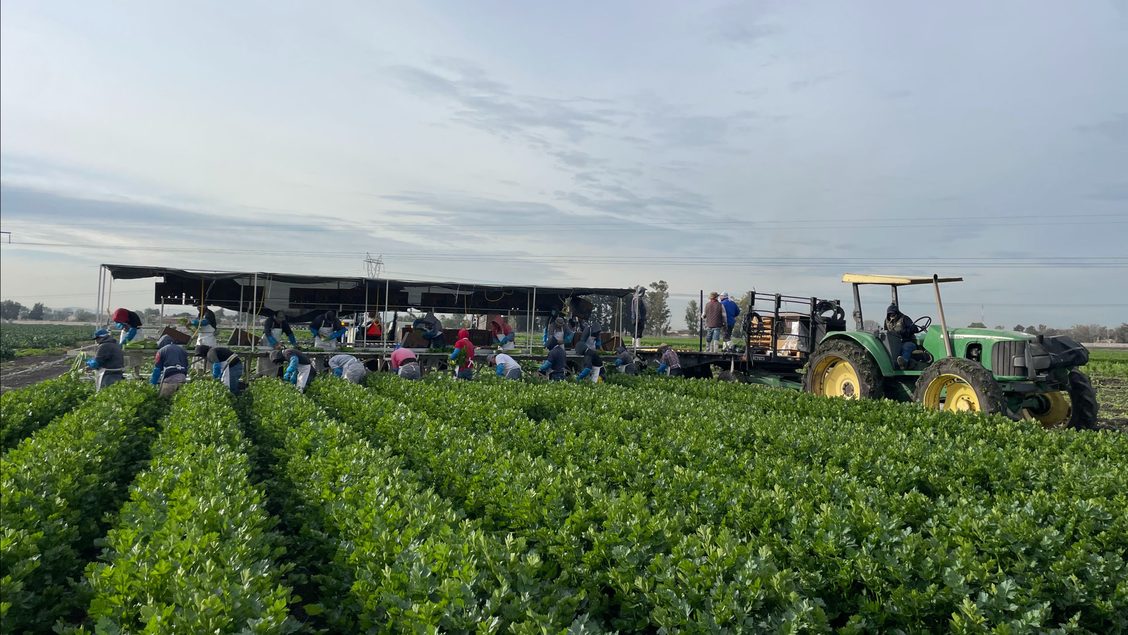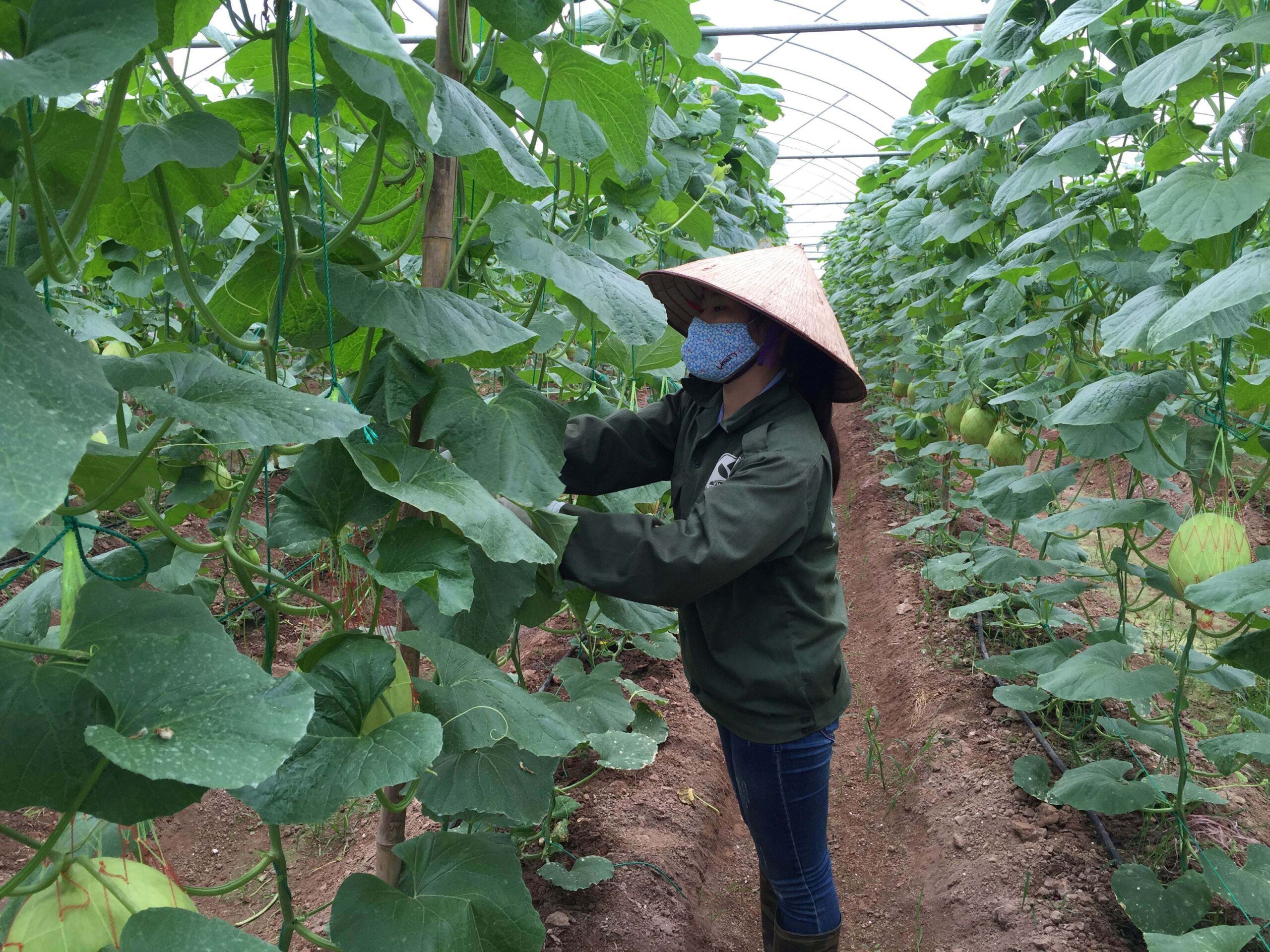Ergon Update – April 2024
Posted by Catherine Morgans

Welcome to Ergon’s regular newsletter, covering our recent work supporting clients on human rights, labour standards and gender.
News and developments
Preparing for EU CSDDD
The EU Corporate Sustainability Due Diligence Directive (EU CSDDD) is finally nearing the finishing line. Following intense negotiations in Brussels, an amended version of the Directive has now garnered the necessary majority in the Council of the EU and is currently expected to be passed by the European Parliament in April. Key changes in the amended text include a higher turnover and employee thresholds for companies to fall within the Directive’s scope, thus reducing the number of companies affected. There will also be a staggered implementation process, by which the largest companies would have to apply the Directive’s requirements starting in 2027, with smaller ones being brought into scope over the next few years. Nevertheless, the EU CSDDD will have a significant impact and provide a strong impetus for companies to up their game on human rights due diligence.
We are currently working with a number of clients to navigate the evolving legal landscape in a way that prepares them for incoming legal rules while ensuring that human rights due diligence remains meaningful and strategic. This includes:
- Saliency assessments: We are working with clients from a variety of sectors to identify their salient human rights issues to help focus and prioritise areas for action. Our approach to saliency assessments builds on stakeholder engagement, our proprietary risk mappings and detailed analysis of risk drivers at country, sector and product / service level.
- Action planning: Saliency assessments are only as good as the actions and activities that they create. We have been working with a number of companies to support them in developing action plans to address priority risk issues. Our approach is solution-oriented and practical, with specific rather than generic action points, indicators and benchmarking of ambition levels.
- Governance support: Clear governance structures are crucial for human rights due diligence to be effective. We have been assisting several clients with defining roles and responsibilities for human rights due diligence and building ownership across the organisation. This includes supporting clients in establishing and facilitating cross-functional steering groups or committees.
- Grievance and remedy: Finally, we have been working with various clients – at both a company level and multi-company / stakeholder level – to understand how they can better manage grievances and also contribute to remedy of human rights violations.
Reach out to Laura Curtze or Steve Gibbons if you would like to learn more

Case studies and publications
Sustainable supply chains
We continue to be busy supporting clients with projects focused on a variety of supply chains – from home textiles to coffee and fresh produce, across several countries and continents. Recently, colleagues completed stakeholder and rightsholder engagement as part of our human rights impact assessments (HRIAs) in Vietnam, India, Mexico and the US. Several of the HRIAs we have completed for our food retail clients were highlighted as examples of best practice in the recent Oxfam publication: Towards Meaningful Human Rights Impact Assessments: From supermarket commitments to best practice action.
In addition to supporting our brand and retailer clients on specific value chains, we have also recently supported the ILO and its UN partners with mapping studies for the implementation of child labour interventions in the coffee sectors in Uganda and Honduras. The mapping is a component of the European Commission funded project “Ending Child Labour in Supply Chains: Addressing the Root Causes of Child Labour in Supply Chains through an Area-Based Approach.” The mapping studies have sought to identify thematic and geographic priorities for the interventions in both countries, relying on significant national stakeholder inputs and consultation – with recent workshops in Kampala and Tegucigalpa.
Please reach out to Brett Dodge or Catherine Morgans for further information on this area of our work.

Women, energy and just transition
Ergon recently supported the World Bank to develop a report on women’s employment and leadership in the energy sector in Kazakhstan, the Kyrgyz Republic, Tajikistan, and Uzbekistan. The study, “Exploring Opportunities for Women’s Empowerment in the Energy Sector in Central Asia”, provides insights into the practical barriers to women’s increased participation in energy, reflecting the views of students in energy-related disciplines, academic staff, and employees and company representatives across the four countries. Its findings and recommendations will inform the activities of the World Bank’s Women’s Empowerment in Sustainable Energy in Europe and Central Asia network, established to promote opportunities for women in the energy sector across the region. Please contact Kirsten Newitt or Jans Mynbayeva for more information.
We are also currently working with IFC on a gender-smart climate diagnostic in Vietnam. Bringing together qualitative research with a tailored enterprise survey, the project seeks to uncover the critical linkages between Vietnam’s private sector priorities, its climate ambitions, and its gender priorities. The project will focus on high-priority climate sectors in Vietnam including waste and recycling, renewables and the rice value chain. Please contact Sarah McLeish for more information.
To mark International Women’s Day, building on learnings from our work, our colleague Sam Kelly explained how climate action is more effective and sustainable when it accounts for and targets gender inequality – focusing on some sector examples from agribusiness to recycling. Read Sam’s blog here.

Human rights guidance for financial institutions
Ergon has been commissioned jointly by the European Investment Bank (EIB) and United Nations Environment Programme Finance Initiative (UNEP FI) to update UNEP FI’s “Human Rights Guidance Tool for the Financial Sector.”
The Toolkit will be published as an online resource for financial institutions, particularly banks. The tool will provide guidance and aggregate resources to support FIs in carrying out human rights due diligence. The intention is to create guidance that covers key aspects of the human right due diligence cycle as it applies to FIs (including own operations as well as investment operations), supported by case studies, sector information, and supplementary sources. Once completed, the Toolkit will be published on the UNEP FI website. This project is overseen by Mac Ngo.
Supporting investor due diligence
In recent months we have supported financial sector clients to improve their understanding of labour-related challenges in their investments. As part of our longstanding support in this area, we have recently undertaken labour assessments on several infrastructure investments in South and South-East Asia.
Our due diligence services have encompassed desk-based risk research, legal gap analysis, site-based assessments, interviews, and the development of labour specific corrective action plans. We have supported clients in identifying and mitigating key issues, including in relation to potential retrenchments, contractor management, worker accommodation, use of training bonds, and excessive overtime. Please reach out to Mac Ngo for more information
Transformational governance
We have supported the UN Global Compact in developing the transformational governance self-assessment as part of the recently launched Transformational Governance Corporate Toolkit.
The toolkit helps companies navigate a rapidly evolving ESG context with multiple challenges and growing expectations of companies regarding their governance, social and environmental impacts. The self-assessment supports companies in assessing their baseline and gain actionable insights on key transformational governance themes. It was developed in collaboration with the UN Global Compact’s Think Lab on Transformational Governance. Please reach out to Laura Curtze for more information.

Events
The Ergon team has been busy contributing to and attending a variety of relevant events over the last few months. Some past and upcoming examples below.
Ergon was a co-sponsor at the Innovation Forum Responsible Sourcing and Ethical Trade Forum in London, presenting sessions on grievance mechanisms and engaging with suppliers in high-risk sourcing regions. Matthew Waller co-presented alongside our client FIFA to reflect on lessons learned from operating a grievance mechanism at the Men’s Football World Cup in Qatar. Steve Gibbons led a discussion on how to responsibly source from or operate in challenging contexts. Colleagues Brett Dodge and Genevieve Auld were also in attendance. It was a pleasure to catch up with our clients, and to engage with fellow practitioners on some of the complex issues that the sector is currently grappling with.

Steve Gibbons and Catherine Morgans will be presenting at this year’s International Association for Impact Assessment (IAIA) Annual Conference in Dublin, Ireland in late April. Ergon have presented lessons from our human rights practice at previous IAIA conferences, but not since Florence in 2015. We are delighted to be back at this major event. We will be sharing some of our lessons from biofuels and agricultural HRIAs as part of a special session on human rights impact assessments and due diligence in the context of just transition. Do reach out to Steve or Catherine if you are going to be in Dublin, both would be happy to have a chat over a coffee, or a pint of Guinness.
New arrivals
We are very pleased to announce the arrival of Viktorija Lenkeviciute to our team. Vik recently joined us as an administrative assistant at our London office. She holds a bachelor’s degree in law and is currently studying towards her MSc in International Business, Leadership and Management. Vik is passionate about gender equality and human rights and has previously volunteered for the Central England Law Centre at their Birmingham Centre, in the asylum and immigration department.
